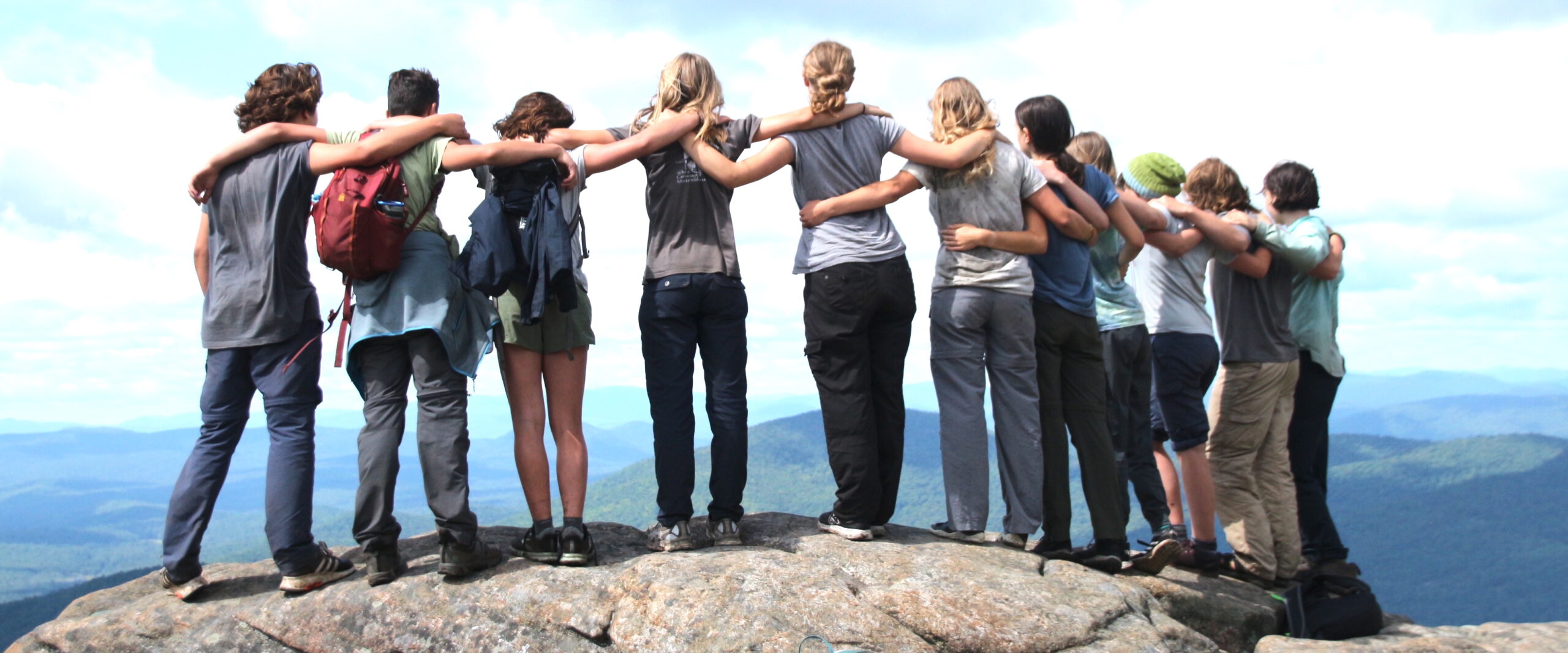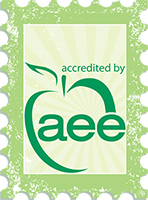If someone gives you direct feedback about how your behavior may have caused someone harm:
1. Be still for a moment.
Try not to be immediately reactive or defensive, even if you feel there are points that need to be known to put your actions in context. Trust that there will be plenty of time for you to make those points later if you still feel you need to. If you don’t just want to be silent, consider saying something that shows you are listening, like, “I’m going to take some time to sit with this.”
2. Accept what you are being told.
Set aside your own understandings of your motivations and intentions and take in what you are being told about the impact of your actions/words/etc. Take some time to truly think about those impacts as valid and real, whether you understood or intended them or not. Have a conversation with yourself that starts with, “Whether I meant to or not, I hurt [impacted person/group] by [thing that’s being raised as problematic].” Allow yourself to feel whatever you’re feeling about that, but do not try to negate the statement that your action had a specific impact. And don’t put your emotional processing out on the larger community to support and affirm. Wait to speak until you can truly accept that you did a thing that had a negative impact on others, and that your intentions are not relevant to that.
3. Apologize sincerely, without conditions.
Say that you are sorry for the impact of your actions. Not, “I’m sorry if you felt,” and not, “I’m sorry, but…” Just, “I’m sorry that when I did X it caused Y.” Make sure that when you talk about the impact of your actions, you are framing it the way it was presented by the impacted person/group and not attempting to diminish the impact.
4. Acknowledge the framework that allowed you to make that misstep.
This does not mean making excuses, it means taking responsibility. Example: “As a white person with educational privilege, I didn’t realize how calling out grammatical errors instead of focusing on the argument can be classist and racist. That’s on me.”
5. Commit to do better and have an actual plan to make that possible.
Have you been doing reading and research on the issue since you were called out? Do you have resources to go to when you have a question? Are there people who have offered to help you understand the issue better? Figure out how you are going to take concrete action to keep yourself from making the same (or related) missteps in the future and then say that you are doing so.
6. Say thank you.
Thank the person/people who called you out/in, and do so sincerely. Regardless of their tone in the moment, they were showing you a problem that you didn’t know about so that you could fix it. That deserves thanks. If people have provided emotional labor for you in the process, try to acknowledge that and thank them by name.
7. Ask if there are specific additional actions you should take.
Depending on your action and its impacts, there might be additional things you should do to help mitigate any harm caused. Ask sincerely and listen openly to any suggestions you might get. If you’re asked for something that you don’t feel able to do, see if you can get clarity around the reason for asking for that specific action. You may be able to offer an alternate action that achieves the same goal.
(thanks to Elena Perez from NonProfitQuarterly)
If you realize that a complaint has been made about your behavior:
- Do not attempt to communicate with, negotiate with, or approach the complainant
- Try to not discuss your version of the events or circumstances with anyone who is not acting as an official investigator
The term “Respondent” refers to an individual who is reported to have committed an act of harassment or misconduct.
As a respondent, Kroka will attempt to support you and uphold your rights, which include:
• The right to be treated with fairness and respect throughout the process.
• The right to be informed of Kroka’s policies and procedures being applied to your case, and
to have those policies and procedures followed without material deviation whenever possible.
• The right to have Kroka keep your name and other information related to your complaint as confidential as possible. Information related to your complaint will be distributed on a need-to-know basis only. “Need-to-know” is typically defined by that level of information that is necessary to coordinate the provision of requested services, to protect the safety of
individuals or community members, or to administer Kroka’s process.
• The right to be accompanied by an advisor of your choice during any meeting, interview, or
hearing conducted in connection with your complaint.
• The right to access to appropriate resources, support services, and interim measures in order to protect your safety and minimize the negative impacts of an incident on your work opportunities.
• The right to participate– or to decline to participate– in a Kroka process that is fair and impartial, and that provides you with adequate notice and a meaningful opportunity to be heard.
• The right to be notified of the time frame for major stages of the complaint process. Kroka will strive to complete investigations within a reasonable timeframe, whenever possible.
• The right to have a reliable, thorough, and impartial investigation of your complaint, including the right to meet with an investigator to present relevant information, witnesses, and other evidence. You are encouraged to preserve key forensic and other evidence.
• The right to be notified in writing of the outcome of any formal process related to the complaint.
• The right to be protected from retaliation by any member of the community
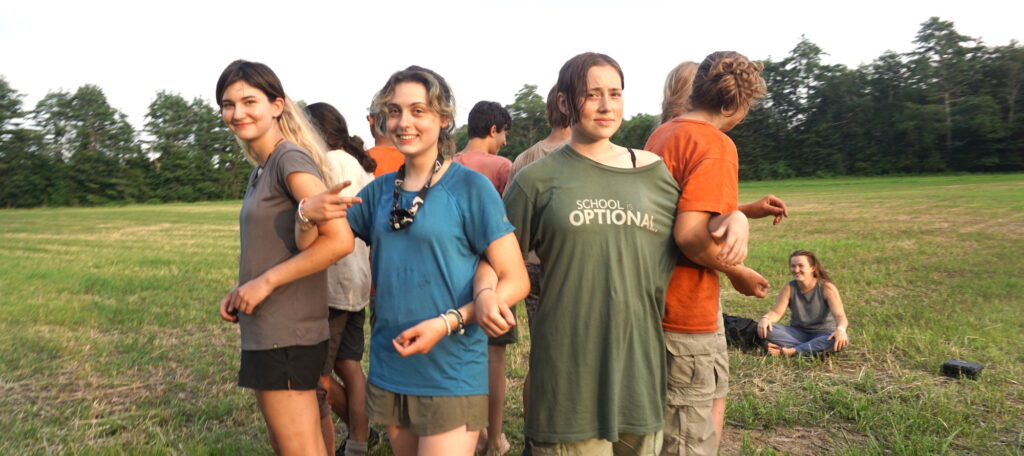
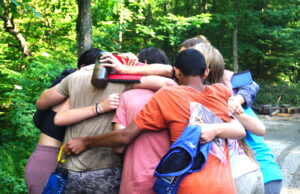


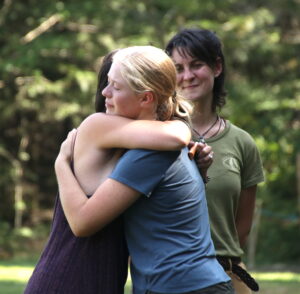 Otherwise, Kroka will work within our community using the principles of Restorative Justice:
Otherwise, Kroka will work within our community using the principles of Restorative Justice: